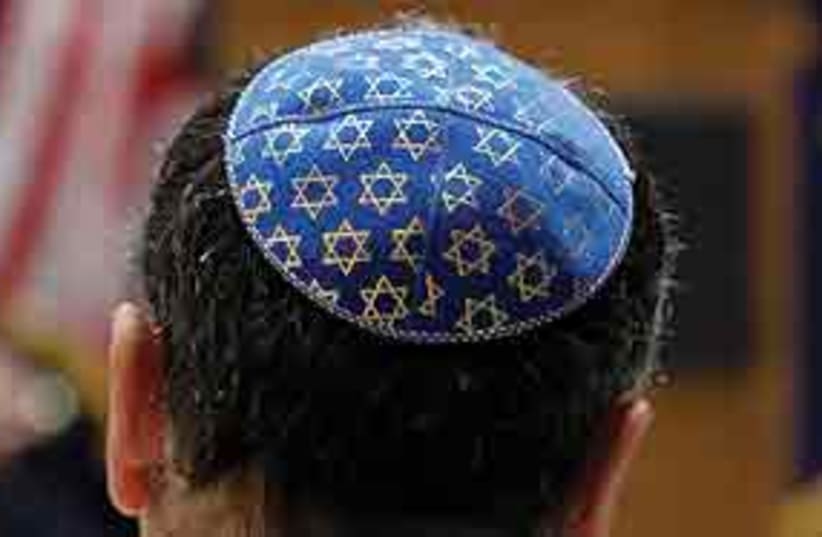Think tank: Israel must fix U.S. Jewry relations or risk nat’l security
The report says it is the first time Israel’s relationship with Diaspora Jews generally, and American Jews specifically, has been comprehensively reviewed through the lens of national security.
